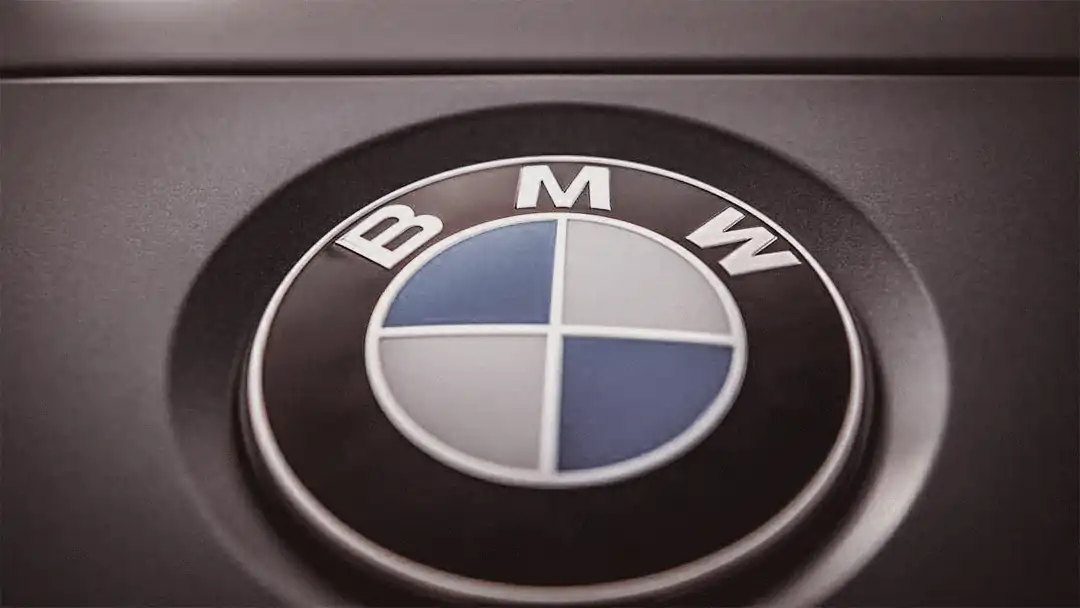INFO. BMW MOST COMMON FAILURES
BMW MOST COMMON FAILURES As admirers of the Bavarian Motor Works brand, we can vouch for the consistent quality of their makes and models. Yet, issues with your vehicle will dependably emerge the more it is driven, regardless. Age, mileage, and driving propensities are enormous supporters of the distance of any car; however, that is the place we come in. North Bay Bavarian has been overhauling all makes and models of BMW for a long time, and we've seen a couple of things. Appropriate support and administration aside, there are a couple of regular issues that can jump up in your BMW.
BMW Engine Misfiring Engine Misfiring in BMW cars is a common symptom and can have different causes, but most known ones are coming from the injectors, ignition coil, and manifold for the six cylinders BMW engines. When an engine is misfiring, the air-fuel mixture that entered the engine will come out unburnt, and this will pass through the catalytic converter that can have up to 600 degrees temperatures and in contact with unburnt air-fuel mixture might explode. Symptoms of engine misfiring:Rough idle
Rough acceleration
Engine Light on
Vibrations
BMW Crank Position Sensor A crank position sensor monitors the position or the rotational speed of the crankshaft, and according to this information, the engine management system will control the fuel injection and other engine functions.
When the crank position sensor malfunctions, your BMW car will have the following symptoms:Engine backfires
Higher fuel consume
Lower acceleration power
If the sensor fails, the vehicle will not start anymore.
BMW Transmission In BMW cars, a typical failure meet by German Experts Service Center engineers comes from the transmission, and the most common symptom is the jerking when gears are changing. Transmission Jerking mostly happens because of:the transmission clutch that slips because of wear
leaks in different components of the transmission (shock absorbers)
Symptoms of a malfunctioning transmission are:
Transmission stuck in gear
BMW transmission slipping or shifts hard
Erratic shifting in one or more gears
Transmission warning light on
Late answer when changing gears
BMW Suspension The most common problems on BMW car suspensions are coming from the: rubber gasket, bushes, and oil leaks. Symptoms of a malfunctioning BMW suspension are:
Noises
One corner of the car seems lower
Rolling Sensation
Oily Struts
BMW D.M.E. (DIGITAL MOTOR ELECTRONICS) Digital Motor Electronics or Engine Control Unit controls all critical aspects of the engine. Symptoms of a damaged D.M.E.:
Check Engine Light stays on after resetting.
Car was jump-started on reverse polarity.
Engine turning off for no reason.
Water Damage or Fire Damage on the E.C. U.
The apparent loss of spark.
The evident failure of the injection pulse or fuel pump.
Intermittent starting problems.
Overheating E.C. U.
BMW Air Conditioning System (A.C.) The A.C. of the BMW cars at times might get damaged, and one of the most common symptoms is when the compression may switch on for a few seconds and then shut down. If you face this, then your BMW's A.C. system has a malfunctioning ambient temperature sensor and reads a shallow temperature, automatically switching off the compressor.















